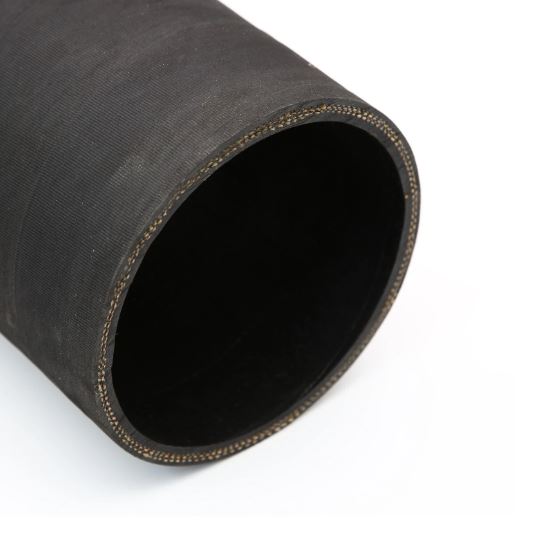Flexible PVC Corrugated Pipes for Versatile and Durable Drainage Solutions in Various Applications
PVC Corrugated Flexible Pipe An Overview
PVC (Polyvinyl Chloride) corrugated flexible pipe is a highly versatile and widely used product in various industries, particularly in construction and agriculture. Its unique structure and properties make it an ideal choice for many applications that require durability, flexibility, and resistance to environmental factors.
Understanding PVC Corrugated Flexible Pipe
PVC corrugated flexible pipes are standardized conduits made from Polyvinyl Chloride, a type of plastic known for its strong performance and long-lasting capabilities. The corrugated design refers to the pipe’s ribbed structure, which enhances its flexibility and strength. This design allows the pipe to easily bend and twist without breaking, making it suitable for various applications where traditional rigid pipes might not be adequate.
Key Features and Benefits
1. Flexibility One of the most significant advantages of PVC corrugated flexible pipes is their ability to bend and adapt to different shapes and sizes. This flexibility makes installation easier, especially in areas where rigid piping would be challenging to maneuver.
2. Lightweight Compared to other materials, such as metal or concrete, PVC pipes are remarkably lightweight. This characteristic not only simplifies transport but also eases installation, reducing labor costs and time.
3. Corrosion Resistance PVC is inherently resistant to a wide range of chemicals and environmental factors. This quality prevents corrosion and degradation over time, ensuring the longevity of the pipe. It is particularly useful in applications such as wastewater management, where pipes are exposed to harsh substances.
pvc corrugated flexible pipe

4. Cost-Effectiveness PVC corrugated flexible pipes are generally more affordable than their metal counterparts, making them a practical choice for both residential and commercial projects. Their durability means lower maintenance and replacement costs over time.
5. Versatile Applications These pipes can be used in various applications, including drainage systems, irrigation systems in agriculture, electrical conduits, and even in stormwater management. Their adaptability makes them a valuable asset in several industries.
Installation Considerations
While the installation of PVC corrugated flexible pipes is straightforward, there are a few considerations to ensure optimal performance
- Soil Conditions In drainage applications, understanding the soil type and drainage requirements is critical. Proper bedding helps to support the pipe and prevents deformation over time. - Temperature Variations PVC can expand and contract with temperature changes. Therefore, ensuring that the pipes can accommodate these fluctuations is essential during installation.
- Joint Integrity Ensuring that the joints between sections of the pipe are secure and watertight will prevent leaks and other issues in the system.
Conclusion
In summary, PVC corrugated flexible pipes are an effective and efficient solution for various piping needs. Their combination of flexibility, lightweight design, and resistance to environmental factors makes them a top choice in many applications, from residential drainage systems to agricultural irrigation. As industries continue to evolve and demand more durable and adaptable piping solutions, PVC corrugated flexible pipes are likely to remain a staple in construction and beyond. Their cost-effectiveness and ease of installation further solidify their position as a preferred option for contractors and engineers alike. Choosing the right type of pipe for your project can not only enhance the overall efficiency but also contribute to the sustainability of your infrastructure.
-
Welded Wire Mesh Panel: Durable, Versatile, and AffordableNewsJul.28,2025
-
Top Quality Oxy Acetylene Hoses for Sale Fit for Welding DemandsNewsJul.28,2025
-
The Future of Pneumatic Air Tubes in IndustryNewsJul.28,2025
-
Superior and Reliable LPG Hose Pipe Solutions for Every NeedNewsJul.28,2025
-
Exceptionally Durable and Versatile Premium Braided PVC TubingNewsJul.28,2025
-
Best Adapters for Connecting Garden Hose to PVC Pipe ConnectionsNewsJul.28,2025














